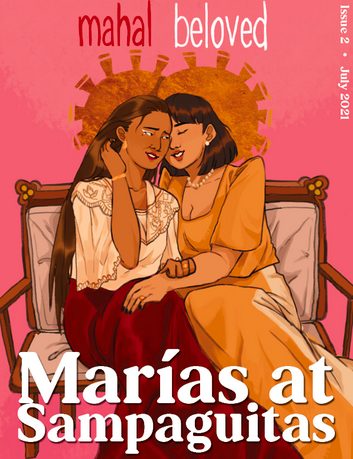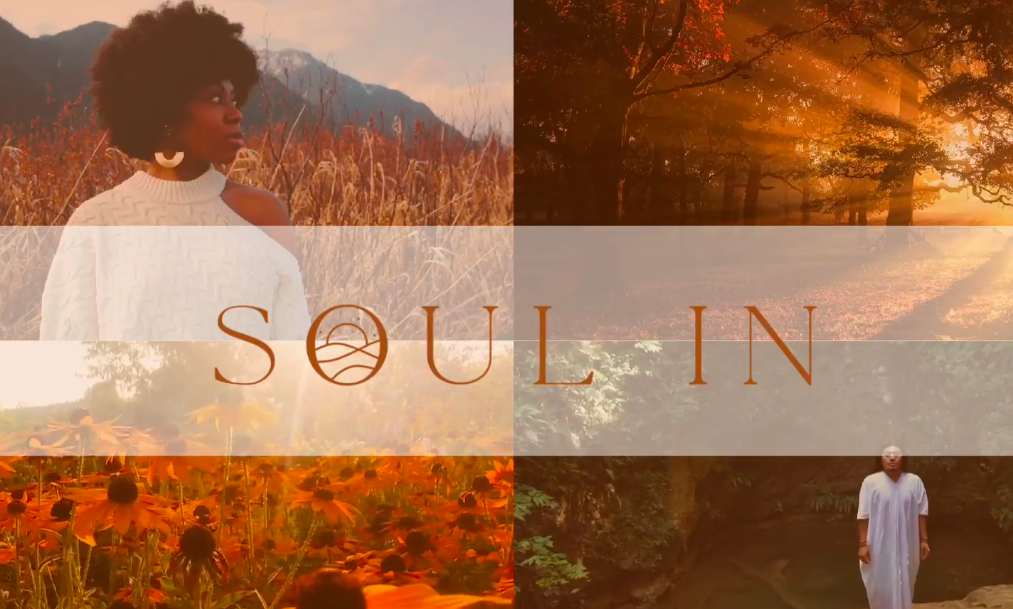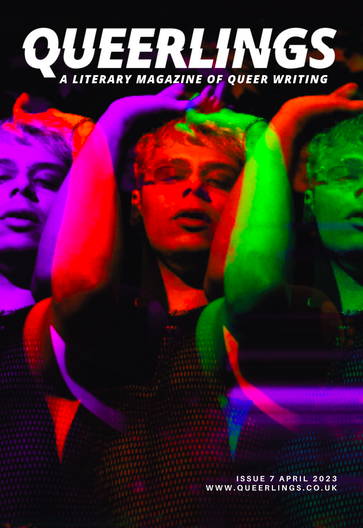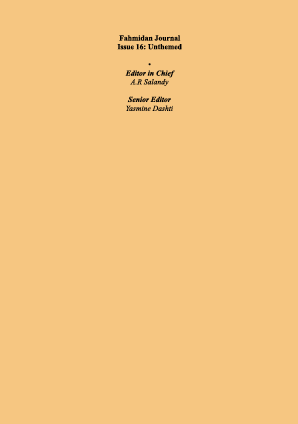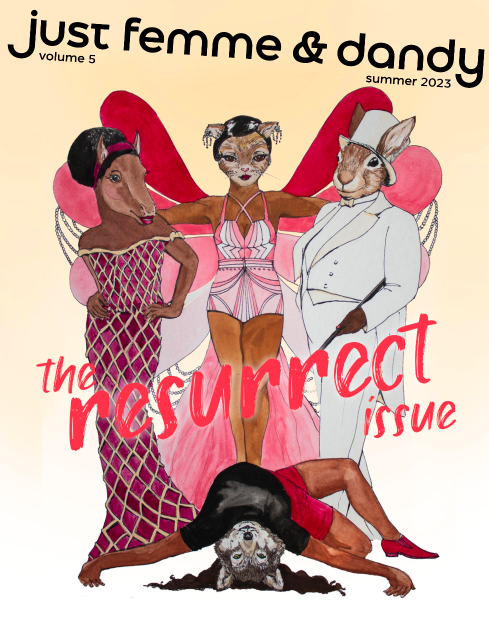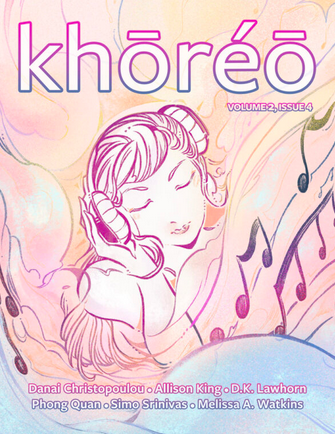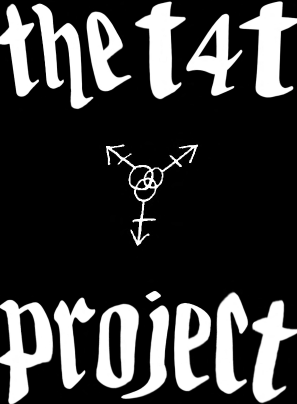Now more than ever, literary magazines by and for artists are prioritizing community and spotlighting the work of LGBTQIA+ writers and writers of color. I’m a lesbian writer whose identity is the crux of my work, but for many years I was told in writing workshops that queer love stories aren’t “believable, “realistic,” or even sympathetic. As a result, I’m constantly seeking literary magazines that champion work by those with marginalized identities. I’m a Staff Editor at HerStry, an online literary magazine for non-binary and women-identified writers. Last year, I was a Prose Editor at the Lumiere Review, an online literary magazine that published JUSTICE, an initiative for BIPOC “to fight against all ‘-isms’ & ‘-phobias.’”
With the banning of books throughout the U.S. by LGBTQIA+ and Black authors, and with the publishing industry remaining mostly and stagnantly white, it’s critical to support new and forthcoming literary magazines that focus on inclusion and diversity. Below are eight such magazines, all founded within the last five years.
Marías at Sampaguitas
Marías at Sampaguitas is a literary magazine established in 2019 by Editor-in-Chief Keana Aguila Labra, Co-Founder of Sampaguita Press, an independent “micropress” publishing zines and chapbooks by BIPOC and LGBTQIA+ writers. Meaning “girls and flowers” in Tagalog, Marías at Sampaguitas strives to create a “safe literary and linguistic space” for BIPOC. “Beyond the Sea,” a moving story by Nathalie De Los Santos from its second issue, conveys the complexity of the Filipino experience with the story of a young boy named Vidal who flies to New York with his parents for the first time—experiencing the awe of the city and its skyscrapers, as well as the immediate discrimination his family faces—and returns as an exchange student years later. The piece, like the magazine, offers reflections on the loss of identity and culture, and the importance of connection.
The Soul In Space
Described as a “hub for education and wellness,” The Soul In Space offers outreach to Black and Indigenous communities through workshops, a wellness program, and a literary magazine. Created in 2019 by CEO Sen Kathleen—writer, yoga instructor, and reiki practitioner—the magazine explores “conversations surrounding Decolonization, Black Liberation, and Indigenous Sovereignty” and was created to cultivate community and carve out space for Black and Indigenous writers. In “How to Backslide,” a poem from issue three, Samantha Williams writes, “You had to relearn it but / you got a whole riot inside you. / Labored it and had it slapped out of you. / The myth entered and left you meek. / How to replace what is stolen?”
beestung
An imprint of Sundress Publications, beestung is a quarterly online “micro-magazine” established in 2019 by Editor-in-Chief Sarah Clark that centers non-binary, genderqueer, and two-spirit writers. Clark is also the Editor-in-Chief and Poetry Editor at ANMLY, the Editor-in-Chief at ALOCASIA, and a Board Member and Assistant Editor at Sundress Publications. Stirring ruminations on androgyny, a writer mourning their late grandparent and uncovering his true gender identity after death, and the personification of unbridled rage encapsulate beestung’s fourteenth issue.
Queerlings
Established in 2020, Queerlings is a U.K.-based biannual online magazine of fiction, poetry, and nonfiction that aims to “uplift the LGBTQIA+ community and explore the depths of the queer experience.” Founder and Editor-in-Chief Scott Aaron Tait also founded Powders Press, an online literary journal of queer short fiction and poetry focusing on sexuality, gender, and working-class identity. In an editorial letter from its seventh issue, Queerlings recognizes the need to celebrate queerness and foster community in the midst of targeted violence and a lack of legislation protecting trans and non-binary individuals’ right to receive gender-affirming care. In the poem “Self-Portrait as a Queer Slasher,” Stephen S. Mills writes, “as in we bend truths into truth telling truths about this America / as in queer sex doesn’t end / with knife through chest (sorry Kevin Bacon) / but rather an eruption of queer joy.”
Fahmidan Journal
Both a bimonthly journal and publishing company, Fahmidan Publishing & Co. was founded in 2020 by Editor-in-Chief A.R. Arthur (Review Editor at Full House Literary and Poetry Editor at Chestnut Review) and Ranna Kisswani. Fahmidan Journal—Farsi for “to understand”—publishes writing by women and writers of color. Pieces that seek out magic, observe the fallout of TikTok, reflect on white mediocrity in the corporate world, and convey the overwhelming nausea of grief can be found in its pages.
just femme & dandy
A biannual arts and literary magazine about queer fashion and aesthetics, just femme & dandy was established in 2021 by Co-Editor-in-Chief Addie Tsai, who was emboldened to create the magazine after publishing a folio on queer fashion in 2019 for ANMLY. Centering survival, the fourth issue includes a photo shoot highlighting mobility devices, nonfiction on the liberation of gender-affirming haircuts, and poetry rejoicing in “the altar of Black femininity.” Embracing the importance of queer identity within the context of queer fashion, just femme & dandy works to support the LGBTQIA+ community, “who have long since coded ourselves with how we adorn and dress our bodies when it has been dangerous to identify solely with words.”
khōréō
Established in 2021 by Editor-in-Chief Aleksandra Hill, an MFA candidate in fiction at the New School, khōréō is a quarterly speculative writing magazine that examines the act of migration: something “voluntary or forced” and resulting in the “recalibration of self-identity.” With this theme in mind, khōréō specifically centers immigrant and diaspora writers. In “Bride of the Gulf,” a fiction piece in issue 2.4 by Danai Christopoulou, a barista named Niki meets a man with golden hair at a Greek cafe who looks eerily similar to her missing brother. That night, she sinks into the sea and emerges as a siren goddess desperate to find him again. In the heartwarming reunion between the goddess and her brother, Alexander the Great, her memories flood back to her. The re-assuming of identity built on the necessity of connection is evident throughout this magazine.
the t4t project
The newest of the online magazines featured here and published in December 2022, the t4t project, is a zine created by and for trans artists and writers of color. Described in a letter from its inaugural issue as “part offering, part love letter for our kindred,” the zine is a means for the creators to directly uplift their community through impassioned art, unconditional love, and unwavering support. The poem “Amphibious” describes being born of water and the pride of descending from raindrops and clouds, but seeking something new and transformative by breaking through the water’s surface. Kobe Taylor Natachu writes, “I wish for mobility beyond the confines of water beginning to recede / I know the world of water can no longer support my budding self as / Metamorphosis has begun.” Like the zine suggests, this poem is both a love letter to one’s lineage—the home built by community—an ode to the freedom of transformation.
Read the original article here

